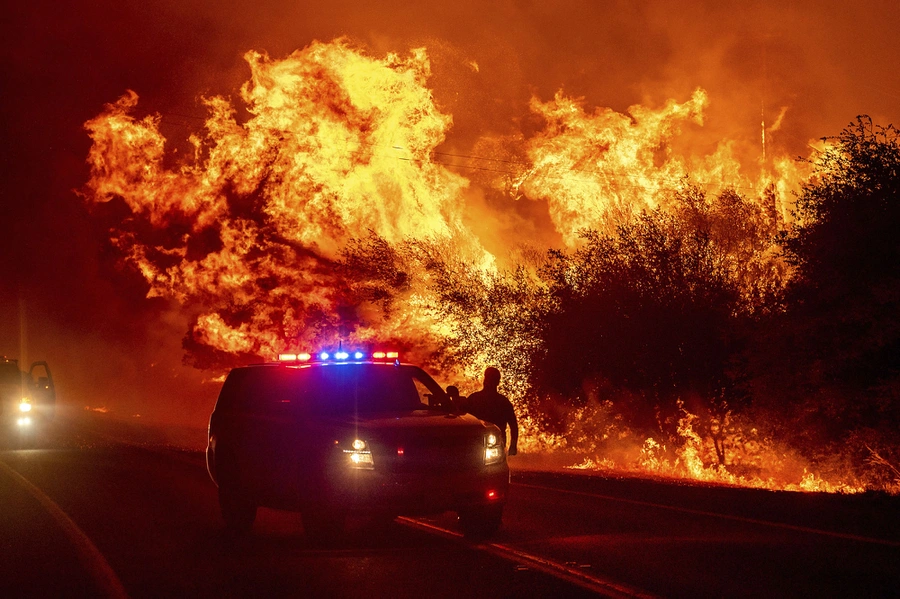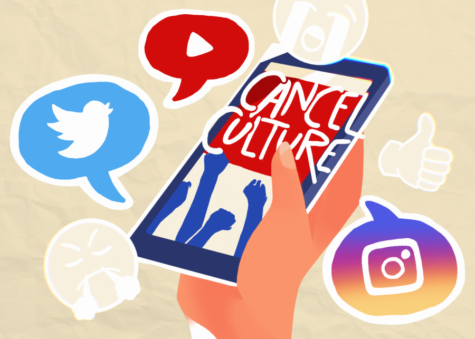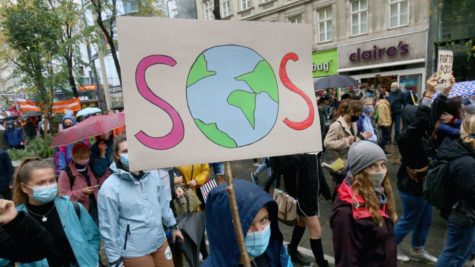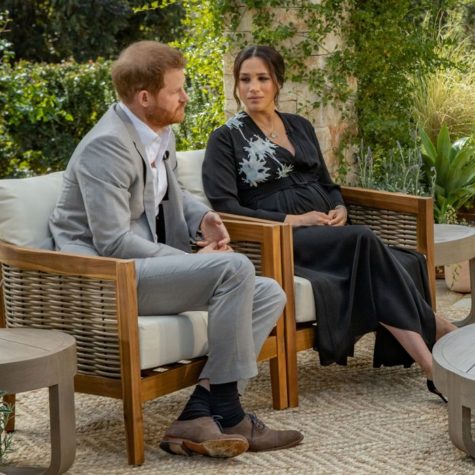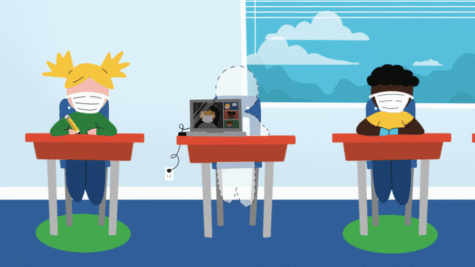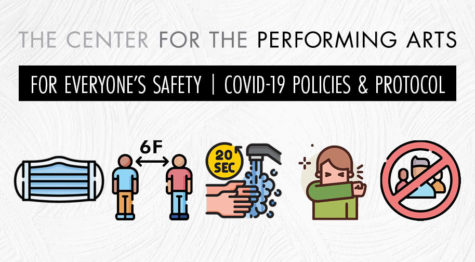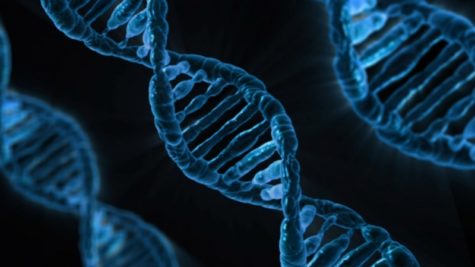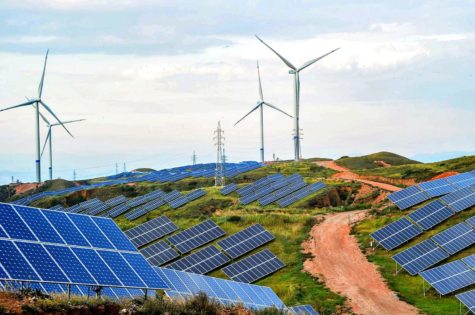The Reality of Climate Change: How Much Longer Do We Have?
People say we need to protect Earth “for future generations.” Unfortunately, the future generation often referred to is our generation, right now.
The worst effects of climate change are irreversible by 2030, the United Nations has warned, and the longer we wait to take action — locally, nationally, and globally — the worse everything will get.
By 2100, the United Nations predicts we are due for at least three to eight degrees of warming. Temperature change means more than just warmer summers. It entails permanent droughts, food shortages, water scarcity, deathly heat waves, 200-plus feet of sea-level rise (consuming Florida, Delaware, San Francisco, Sacramento, Houston …), forced migrations, destructive tropical storms, contaminated air, and ultimately chaos, warfare, and death.
Every year, the average American emits enough carbon to melt 10,000 tons of ice from the Antarctic ice sheet. We add five gallons of water to the ocean every minute. In 2017, the US emitted 5.1 billion metric tons of energy-related carbon dioxide into the world’s atmosphere. Individuals matter. Your impact matters.
Even if countries still act on the Paris Agreement (which the United States announced in 2016 it would withdraw from), warming will rise by 5.4 degrees. By taking firmer measures to combat climate change now, a more equitable society can be created to allow for environmental and social justice, reduced poverty, and greater access to education.
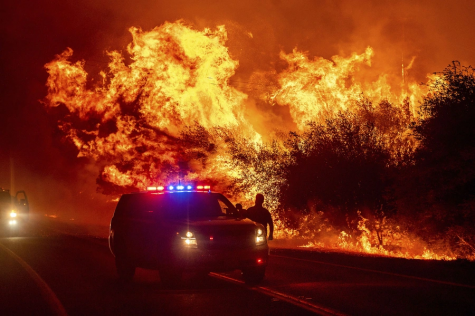
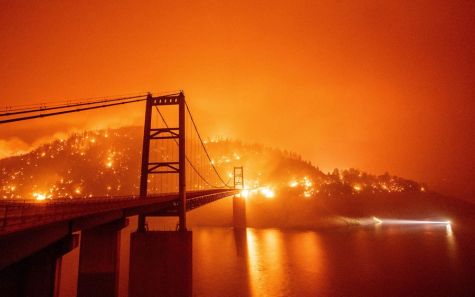
There is no denying that we are not already affected. In 2020 alone, California has experienced 49,149 fire incidents with 8,719,721 total acres burned. The National Oceanic and Atmospheric Administration predicts there will be up to 25 detrimental storms in 2020. These “natural disasters,” which have picked up in intensity and velocity, are going to become longer, more extreme, and far more destructive.
According to the World Wildlife Fund, 17% of the Amazon Rainforest has been destroyed in the last 50 years, mostly due to cattle ranching. In 2019, the tropics lost close to 30 soccer fields worth of trees every minute. Human activity has propelled us into a sixth mass extinction, The Guardian reported. The loss of these rainforests leads to poorer air quality as the trees filter toxins and pollutants from the atmosphere. Rainforests are known as “carbon sinks” because of the large amount of carbon they store when left untouched. Additionally, forests help humans survive and thrive by providing us with purified water and jobs. Without natural habitats like these, life on Earth will cease to exist.
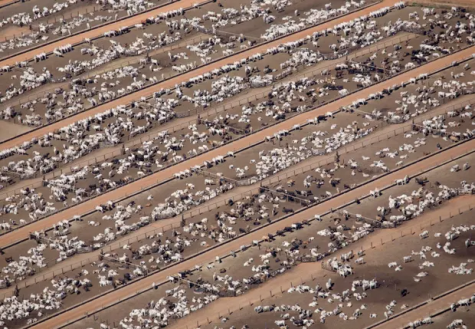
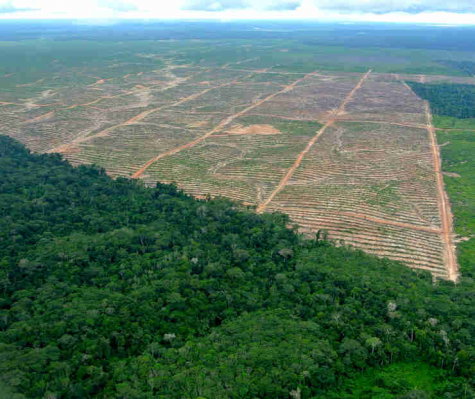
We are headed into a “climate change apocalypse,” a USA Today report said. An Australian think tank (Breakthrough National Centre for Climate Restoration) plays out our future: Policy makers fail to cut greenhouse gas emissions, weather extremes will become a reality, and a billion people will be displaced as climate refugees. Newsweek reported that the most vulnerable states in the United States to climate change range from Florida to Arizona and California to New York. No one will go without feeling the effects of climate change.
Our government needs to find the will to pass environmental legislation. For example, we know that limiting the release of toxins into rivers can increase biodiversity, so there should be stricter legislation around this issue. By investing in solutions such as renewable energy and habitat restoration we can start to reverse the effects of climate change. Stricter legislation that mirrors scientific research is key in creating a cleaner Earth. In addition, more women and girls need to be empowered and global poverty needs to be alleviated. Each day we wait to take action, the effects of climate change worsen.
Penelope Davis, AP Environmental Science Teacher at San Ramon Valley High School in Danville, envisions the effects of climate to worsen like a “tidal wave, just waiting to break on us.” One of the scariest impacts climate change has on us, in her mind, is the loss of the true wild. The loss of the natural world that supports life.
There is no undoing what has been done. We are probably not going to save the world’s most intricate ecosystems, species, and places that astonish us, as it is almost impossible to do any daily activity without emitting carbon. But we can try to reverse some of the impacts of human activity. National Geographic journalist Emma Marris notes: “We cannot solve the climate crisis by being ‘good’ consumers. But we absolutely can make things much better by being good citizens … demanding those policies [new energy, goods without toxins, biodegradable plastic substitutes], which will make going green easier.”
Alanna Mitchell, on the Big Story Podcast, shares her positive view on how climate change can be reversed with new technology that is available to us. She notes that steps to a carbon-free world include: electrification of the grid (solar, hydro-power, etc.), alteration of the food chain (plant-based diet), and growth of jobs in the renewable energy sector (less oil/fossil fuel jobs). Mitchell makes the point that even if we take action, Earth’s climate will be severely disrupted for thousands of years, which is why it is important to act now.
So what still propels the climate divide today? Penelope Davis says that “for the last about 20 years there has been an anti-intellectualism. Almost like a denial of truth, just look at COVID-19 as an example.” By prioritizing science over your opinion, our society can start to shift and become more unified on how to address the world’s issues in an equitable way.
Davis also noted that we have a lot of love: love for our mothers, fathers, grandparents, children, and friends. We need to love wider: love our community, love Earth, broaden our spheres.
“If we begin to change, we can control the change,” she said. “If we do nothing, the climate is going to force us to live in ways we do not want to.”
We have the means to make people across the globe aware of the importance of climate change.
There are two views of the future. There is the pessimist, who argues that despite our efforts to make a difference, climate change will ultimately kill all life forms that ever existed on Earth. Then there is the optimist, who hopes that we can create a better future by converting to a green planet through environmental legislation and individual action.
Which side will you be on?


